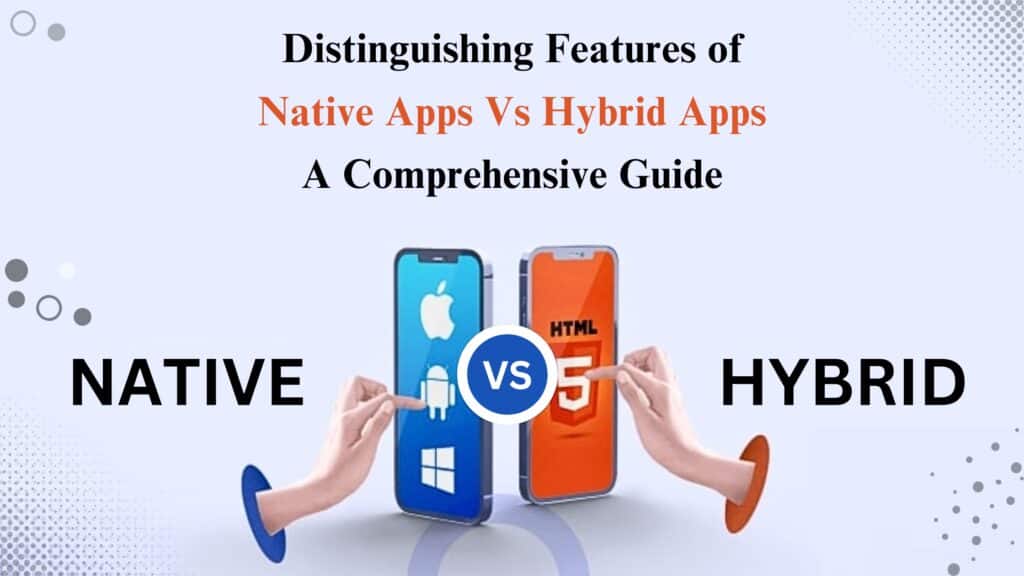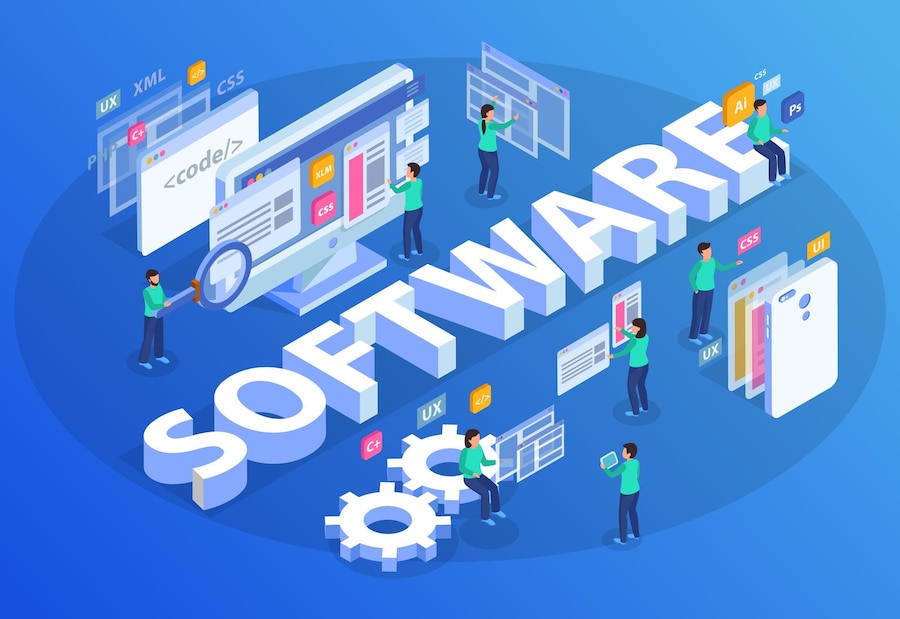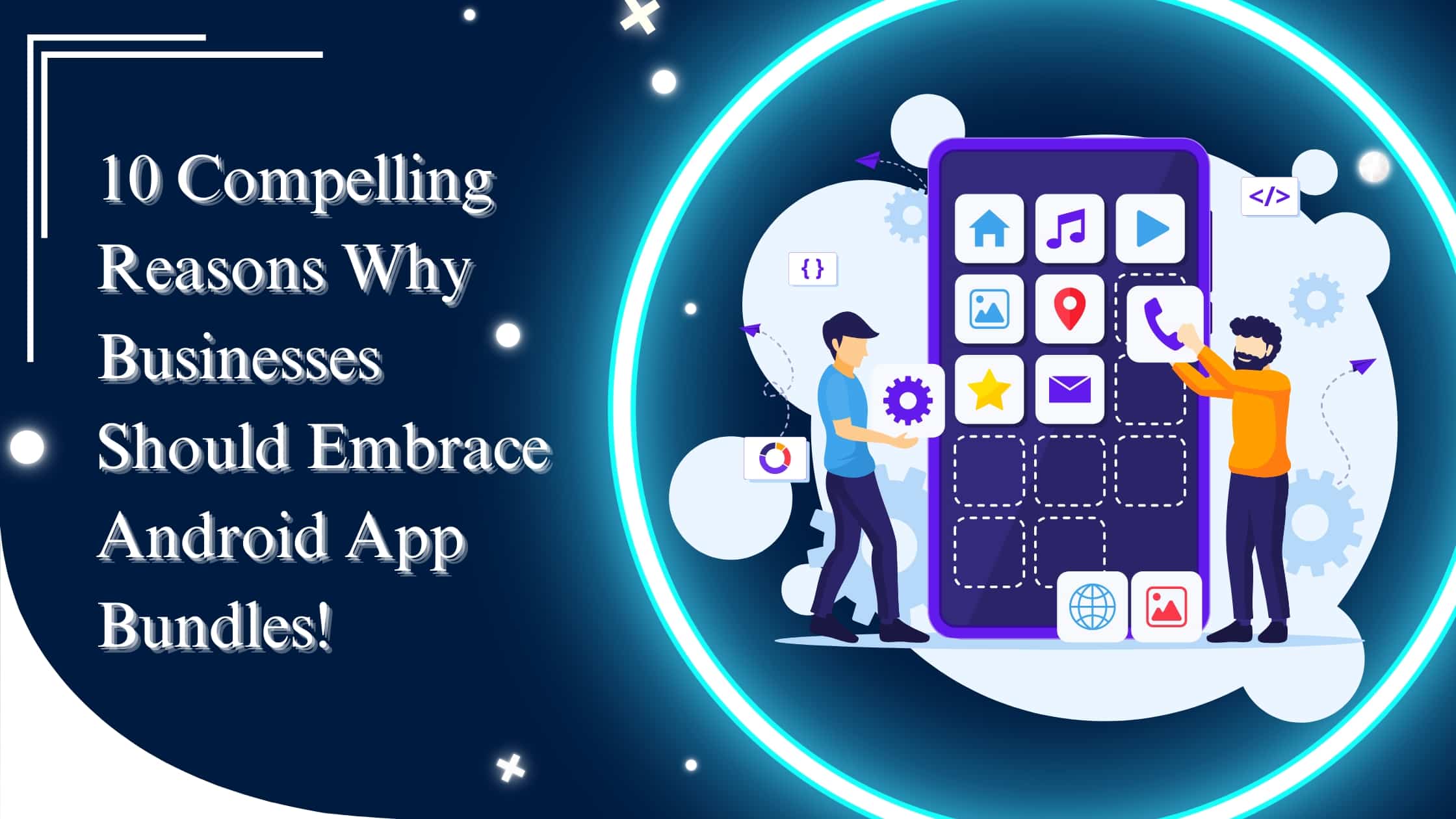In the evolving field of mobile app development, selecting the appropriate technique may be critical for organizations seeking to build a strong digital presence. With the growth of smartphones and ever-changing customer tastes, understanding the differences between native and hybrid applications is critical. Xcrino Business Solutions, a digital innovation pioneer, provides a complete reference to understanding the distinct qualities of native applications vs hybrid apps, supported by the most recent statistical findings.
Native apps
Native apps are built for a single platform using the native programming language and resources. They are designed to provide an immersive user experience that takes full advantage of the device’s hardware and software capabilities. According to recent surveys, native applications account for around 87% of all mobile app consumption worldwide, emphasizing their importance in the app ecosystem.
Key Features of Native Apps
Performance: Native apps have unrivaled performance since they are optimized for the platform, leading in quicker load times and more fluid navigation.
User Experience: Native apps provide a seamless user experience thanks to their access to native APIs and UI components, which increases engagement and retention rates.
Security: Native apps follow tight security guidelines, preserving data confidentiality and reducing any risks.
Offline Functionality: Native apps can work effectively without an internet connection, allowing users to access key features and content.
Hybrid Applications
Hybrid apps incorporate characteristics of both native and online applications, leveraging web technologies such as HTML, CSS, and JavaScript. They provide cross-platform interoperability, allowing enterprises to reach a larger audience with a single codebase. According to recent data, hybrid applications account for around 21% of the overall mobile app market share, illustrating their rising popularity.
Key features of hybrid apps:
Cross-Platform Compatibility: Hybrid software may operate on various platforms with few changes, decreasing development time and expense.
Quick Development: Hybrid apps, which use web technologies and frameworks such as React Native and Ionic, enable quick prototype and deployment.
Simplified Maintenance: Hybrid apps simplify maintenance and upgrades by utilizing a single codebase for numerous platforms, assuring consistency across all devices.
Cost-Effectiveness: Developing a hybrid app is frequently less expensive than creating separate native apps for each platform, making it an appealing alternative for startups and small enterprises.
Which Option Should You Choose?

The decision between native and hybrid app development is influenced by a variety of factors, including your company objectives, target audience, budget, and timetable. Here’s a quick summary to help you make an informed decision:
Performance: If your software requires high-performance capabilities and a consistent user experience, native development is the way to go. Native apps take full advantage of the device’s hardware and software, resulting in best performance.
User Experience: For apps where user experience is critical, native development is suggested. Native apps provide users access to platform-specific capabilities and UI components, resulting in an intuitive and engaging user experience.
Cross-Platform Compatibility: If you want to reach a larger audience across various platforms, hybrid development is a cost-effective option. Hybrid applications allow you to create a single codebase that operates on both iOS and Android devices, which reduces development time and cost.
Budget and timeline: If you have a limited budget or need to meet a tight deadline, hybrid development may be a better alternative. Hybrid development allows you to use current web development skills and frameworks to accelerate the development process and save expenses.
Long-Term Strategy: Consider your long-term business strategy and scalability requirements. While native development may entail higher initial investment, it offers greater flexibility and scalability for future enhancements and updates.
Conclusion
Finally, the selection between native and hybrid app development should be based on your individual company goals and requirements. Xcrino Business Solutions provides individual assistance and experience to help you decide the best approach for your project. Whether you value performance, user experience, cross-platform compatibility, or cost-effectiveness, Xcrino organization Solutions is dedicated to providing innovative mobile solutions that propel your organization ahead.
Partner with us today to go on a transforming road to digital success! Contact Xcrino Business Solutions to discuss your alternatives and begin your mobile app development project.












